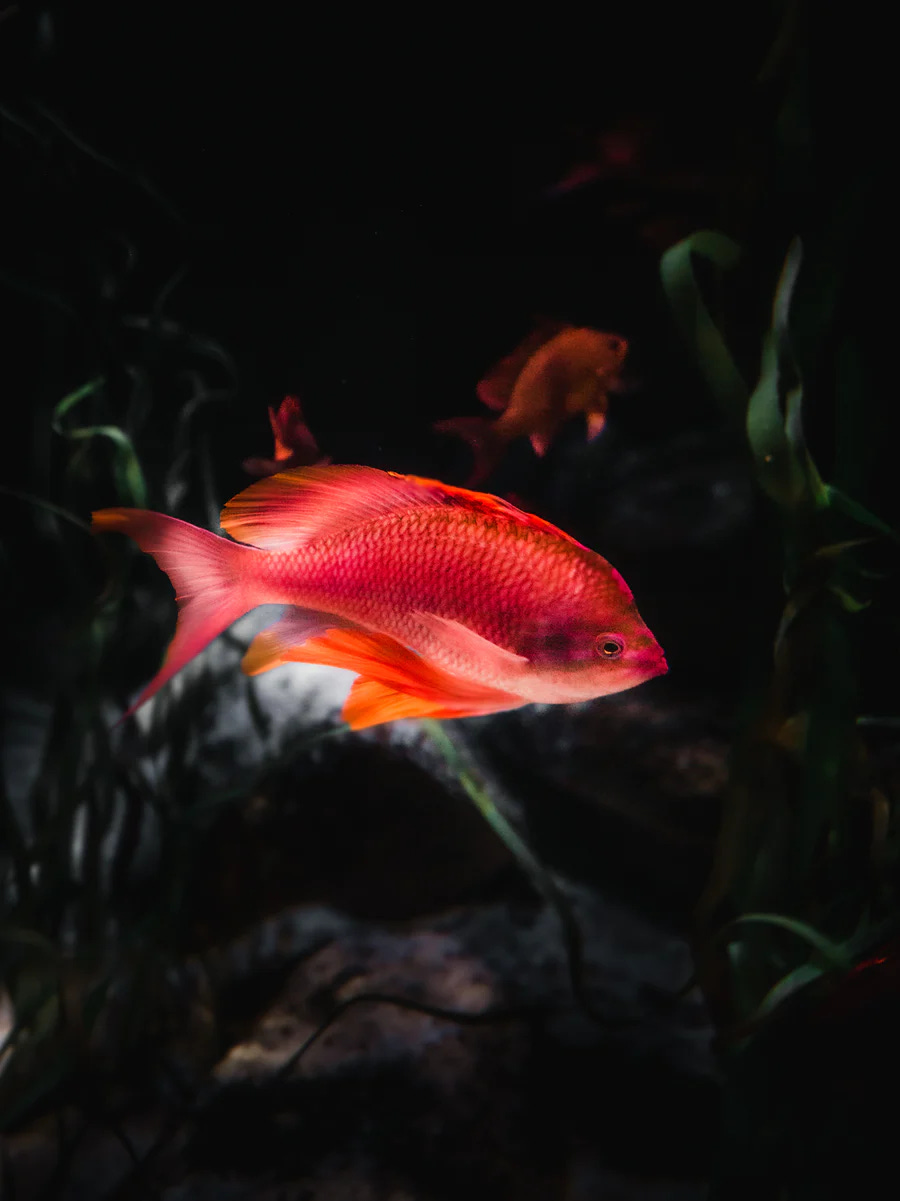Special
I've gone off subtitles
Did anybody else grow up with the unfounded but impossible to shake feeling that they were special?
I’ve been trying to interrogate the roots of this belief for a while now. My parents, although supportive and kind, were not what you would describe as doting. They were realistic about my strengths and abilities. They were not like those parents who tell their kids they can sing and then end up striding onto the stage to shout obscenities at Simon Cowell when said kid takes their starry-eyed ambition all the way to the X Factor auditions. So I can’t blame it on them. Is it because I was considered clever at school? Maybe, but so were plenty of other people. Was it a coping mechanism, the belief that I was destined for greater things, so I could imagine myself out of my then-reality, pre-emptively looking back on my miserable secondary school years, from some nebulous future pedestal from which I could look down on the people who had bullied and belittled me?


To clarify: by ‘special’ I don’t mean necessarily ‘delusions of grandeur’ or even ‘God complex’. I didn’t grow up thinking I was going to be prime minister, or solve world hunger. Even my specialness was unimaginative. I more felt that I was going to live a life that other people would be jealous of, or talk about, or lust after. What exact permutation that life took was constantly changing according to my obsession at the time, but includes some of the following scenarios:
- Being the youngest ever author, ever
- Winning a televised spelling competition (I actually got booted off said spelling competition before the filming started. I wasn’t even in the montage of kids during the opening credits)
- Becoming a ballerina for the Bolshoi despite only beginning training when I was 14 and in the absence of any Russian heritage
- Learning to fly using only a feather boa found in our dressing-up box (this one could have ended a lot worse than it did, considering I jumped off a swing, flapping my arms maniacally, and landed on my head. I can’t remember who our babysitter was at the time but wherever you are, sorry about that. Must have freaked you the fuck out)

Although my ambitions have narrowed, and (for the most part) crystalised into reality, this conviction of my own ‘specialness’ remains, in the absence of any concrete proof. And the older I get, the more I realise that maybe it’s not going to be in my future. Relaunching my career in a totally different field at the age of 30 taught me that yes, it can be done, but it also taught me that a lot of people got it right the first time. People my age and younger already have novels published. They already have bylines in the Guardian. They’re already the commissioning editor for Mel magazine. There is such a culture of talking about hating your job that sometimes you forget some people don’t. Or they hate a certain facet of their job, but for the most part it’s their dream and they managed to achieve it.
I think one of the pitfalls with this obsession with being special is that I conflate it with being happy. Like many (most?) people, I can’t shake the belief that in order to be happy I must achieve things*. What things? Doesn’t matter, particularly – and that’s the problem. The constantly moving goalposts of the person who is obsessed with making their life special means that said person will never actually get to the happiness stage, or if they do, they won’t recognize it until they’re out of it again.
*I am actually going to blame this one on my Mum. She used to get angry at us when we spent an entire half-term watching TV, because we wouldn’t have achieved anything with our holiday. I was like, I did achieve something, Mum. I achieved the hitherto unattempted feat of watching an entire season of The Suite Life of Zack & Cody then going over to Disney Channel+1 and watching it again.
To take some examples – Sally Rooney, whatever you may think about her (and my own opinion on her is far from straightforward) has had unbelievable success. Whether or not you or I think her books are any good, enough people think they are that she cannot be described as anything other than a successful author. But (and I did have to interrogate where this belief came from, concluding finally that it’s because she’s not smiling in any of her author pictures, even though I know that wOmEn DoN’t OwE yOu A sMiLe) she doesn’t seem particularly happy. In fact half of her latest book is about how the protagonist, whether autobiographical or not, loathes her success as an author and the scrutiny and pressure that came with it. Bukowski, too. Famously not a happy guy. But a successful one.
So why, in the face of these two cherry-picked examples, do I/we/society/etc. continue to think that success, or specialness, leads to happiness?
I actually googled the definition of special and here’s what came up:
‘better, greater, or otherwise different from what is usual’
Better and greater sound pretty good. But at its root, ‘special’ indicates ‘different’, which can often, if not always, denote difficulty fitting in with and connecting to other, non-special people. Is the ‘special’ person doomed to be an outcast? Can you only be a writer observing the state of affairs of any particular generation if you are socially removed from it?
I think a lot of the decisions I’ve made in my life have been in a bid to prove my specialness; to other people, but also to myself. Moving to New York when I had a perfectly nice life in London was, in its basest form, a decision made out of a fear of living an ‘ordinary’ life. And was it a good decision? Parts of the experience were fantastic, life-changing, formative. But it was also really fucking hard and lonely and awful a lot of the time. Special, maybe. But happy, not so much.
I wanted (want) to be special so I could (can) tell myself I was better than the people I went to school with, the ones who would ‘peak in high school’. Maybe they peaked in terms of what I, and people like me, would consider achievements. But maybe they’re happier for it. After all, they’ve got a nice house in the country with 2.5 kids and I’m sitting here writing about them.
One good thing:
Waitrose garlic mayo. You ever tried it? Stop reading and go buy some.
One bad thing:
Grief is a sneaky little cunt. I was walking through King’s Cross Station this week and there was a group of women wearing ‘Pop Choir’ T-shirts going ham on a Britney Spears song. My Mum was in a ‘Rock Choir’ (coz she was fucking cool) and these women going hell for leather in the middle of the station just reminded me so much of her that I started crying right there on the way to the supermarket to buy my oven pizza. Fuck’s sake.
No con-texts:
On being self-aware:





I've been thinking about this one for a while now - not equating happiness with specialness (which is probably what I should be thinking about) but rather the belief in being special and consequently whether that belief can become self-fulfilling. To me, this falls somewhere on the spectrum between "fake it till you make it" and mAniFesTinG and I'm all for it, especially as far 'less special' people have seemingly managed it.